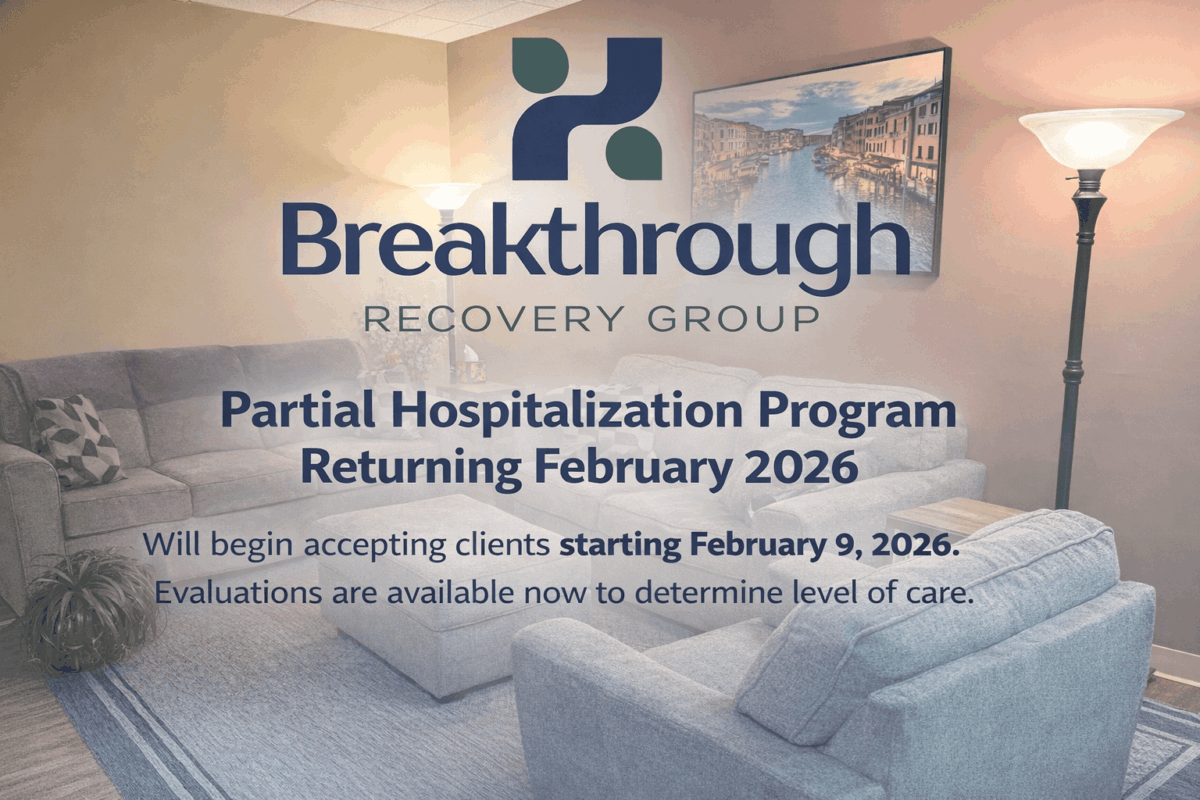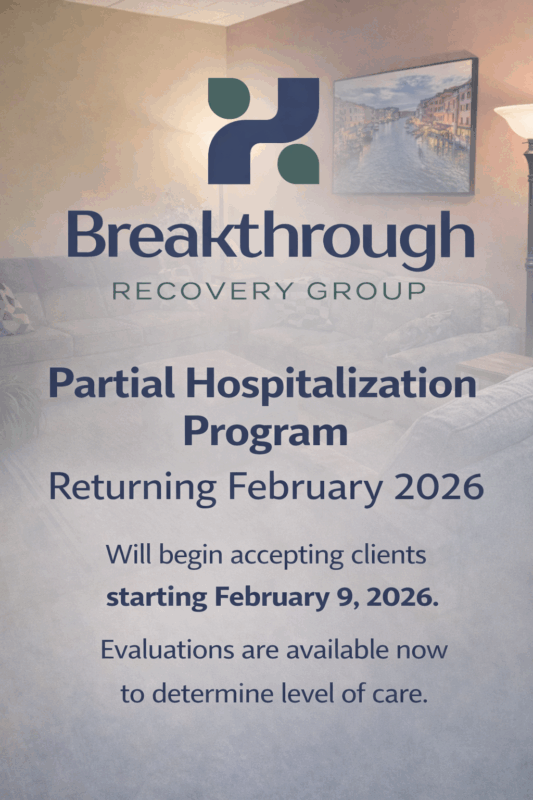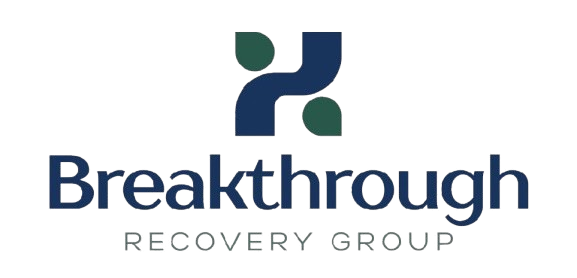Drug Evaluation in Spokane
If you’ve been advised to undergo a drug evaluation in Spokane, you might have questions, concerns, or even hesitation. Whether the recommendation comes from a legal situation, employer, or personal decision, understanding the process can make it far more manageable. A drug evaluation isn’t just a necessary step; it’s also an opportunity to reflect, learn, and make informed decisions for your future. This comprehensive guide breaks down the details of drug evaluations, from what they entail to preparing for the process and understanding the results. By the end, you’ll have a clear idea of what to expect, how to prepare, and the resources available to help.
The Purpose of Drug Evaluations
A drug evaluation in Spokane is a professional assessment designed to determine an individual’s relationship with substances, whether it’s recreational, dependent, or addictive. These evaluations aim to provide a deeper understanding of how a person interacts with drugs or alcohol, including the frequency and intensity of use, as well as the impact on their daily life. But why are these evaluations conducted, and in what scenarios are they required? They are often used in legal settings, such as court cases involving DUI or substance-related offenses, or in workplace situations to comply with drug-free policies. Additionally, they can play a crucial role in helping individuals seek appropriate treatment or support by identifying the level of care they may need.
Reasons for Drug Evaluations
Drug evaluations are often utilized for:
- Legal Purposes: Courts may order drug evaluations in cases involving DUIs, drug-related arrests, or child custody cases. The results can influence legal outcomes or court-ordered treatments.
- Employment Requirements: Pre-employment screenings or assessments after workplace incidents may necessitate a drug evaluation.
- Personal Insights: Many people voluntarily undergo these evaluations to better understand their habits and make healthier lifestyle decisions.
Key Scenarios
Common scenarios include dealing with a DUI charge, fulfilling workplace requirements, addressing legal obligations, or as part of a broader rehabilitation or recovery process. These situations often require individuals to reflect on their substance use patterns, gain valuable insights, and take proactive steps toward healthier choices. No matter the reason, the ultimate goal remains the same—to understand substance use, identify potential risks, and recommend actionable steps to promote long-term well-being and a better quality of life.
Preparing for Your Evaluation
Preparation is key to ensuring a smooth and accurate drug evaluation. Here are practical steps you can take:
Get Your Documentation in Order
- Personal ID: Make sure to bring a valid government-issued identification card, such as a driver’s license, passport, or state ID, to verify your identity.
- Medical History: Include any history of substance use, including past or current issues with alcohol or drugs, as well as any prescribed medications or over-the-counter treatments you are taking. Additionally, provide details about any mental health conditions, such as anxiety, depression, or other diagnoses, along with any treatments or therapies you’ve undergone.
- Legal Documents: If applicable, make sure to have any relevant documents on hand, such as court orders, employer notes, or correspondence from your lawyer. These can provide essential details and help ensure that all necessary information is readily available when needed.
Mental and Emotional Preparation
It’s normal to feel uneasy before an evaluation, but mental readiness can make a significant difference.
- Be Honest: Truthfulness is absolutely critical during evaluations. Evaluators are trained professionals who rely on honest and accurate information to assess situations effectively. Providing truthful details allows them to make well-informed recommendations tailored to individual needs, ensuring the best possible outcomes and support.
- Seek Support: Share your situation with someone you trust, like a close friend, family member, or counselor. Opening up to someone who cares can provide emotional support, fresh perspectives, and helpful advice to navigate your challenges.
- Understand the Purpose: Recognize that evaluations are intended to provide constructive feedback and support growth, not to criticize or penalize. Their purpose is to identify strengths, address areas for improvement, and help individuals or teams achieve their full potential.
What Happens During a Drug Evaluation in Spokane
Knowing what to expect can ease anxieties and help you feel more in control. Here’s a breakdown of what typically occurs.
The Evaluation Process
- Initial Interview: The evaluator will ask about your medical and personal history, including any past or current health conditions, your substance use habits, and the frequency or duration of use. They may also explore how these factors impact your daily life, relationships, and any related challenges you face, such as work difficulties or emotional struggles.
- Screening Tests: These could include questionnaires like the Substance Abuse Subtle Screening Inventory (SASSI), which is designed to identify individuals who may have a substance use disorder, even if they are unwilling to disclose it directly. Other similar tools might include structured interviews or standardized assessments that evaluate patterns of behavior, attitudes, and symptoms related to substance use.
- Drug Tests: Depending on the circumstances and the specific requirements, a urine, blood, or hair test may be conducted to detect substances in your system. Urine tests are commonly used for their simplicity and quick results, while blood tests are more precise and can detect substances within a shorter time frame. Hair tests, on the other hand, provide a longer detection window, making them ideal for identifying substance use over an extended period. Each method has its own advantages and is chosen based on the purpose of the testing.
- Discussion: Expect conversations about how substance use impacts various aspects of your life, including your professional performance at work, your relationships with family and friends, and your overall physical and mental health. These discussions may also explore how substance use influences your daily routines, emotional well-being, and long-term goals.
Typical Questions
- How often do you use drugs or alcohol?
- Have you experienced any negative consequences from substance use?
- Have you tried changing your habits before?
After the Evaluation Understanding Your Results
Once the evaluation is complete, the next step is discussing the results and planning a course of action.
Interpreting the Results
Results will reflect either:
- No Evidence of Misuse: No substance use or only minimal use that does not show any signs of dependency or harmful patterns. This includes occasional use without negative impact on daily functioning or overall well-being.
- Moderate Misuse: Patterns that indicate a need for education or a brief intervention often arise when individuals display misunderstandings, gaps in knowledge, or behaviors that could benefit from corrective guidance. These situations provide an opportunity to address concerns early and promote better outcomes through targeted support or resources.
- High Risk or Dependency: Identifies substance dependence in individuals, highlighting cases that may require professional treatment, counseling, or rehabilitation to support recovery and improve overall well-being.
Taking Action
- If the results suggest no or moderate misuse, you may simply need follow-up education.
- For dependency-related findings, treatment options such as counseling, outpatient assistance, or inpatient rehabilitation may be recommended.
- Be proactive in seeking support, whether through community programs or professional services.
Choosing the Right Evaluator in Spokane
Selecting a reputable and qualified evaluator is critical to ensure a fair and thorough assessment.
Factors to Consider
- Credentials and Licensing: Ensure the evaluator is certified in substance abuse counseling or holds relevant professional credentials, such as a license in social work, psychology, or addiction treatment. This ensures they have the necessary expertise and training to provide accurate and reliable assessments.
- Experience: Look for evaluators with a proven track record of expertise in substance use assessments, including experience working with diverse cases and a deep understanding of current evaluation methods and best practices.
- Reviews and Recommendations: Ask for referrals from friends, family, or colleagues who have firsthand experience, or take the time to check online reviews for honest feedback from a wider audience. These insights can help you make a more informed decision and avoid potential pitfalls.

Recommendations
Some highly rated drug evaluation providers in Spokane include:
- ABC Counseling Services
- Spokane Substance Abuse Assessment Group
- Greenway Recovery Solutions
Legal Considerations and Implications
If your drug evaluation is tied to a legal case, it’s essential to understand how the findings might impact your circumstances, including potential outcomes in court, legal penalties, or requirements for rehabilitation programs. These evaluations can play a significant role in shaping the direction of your case and any associated decisions.
Drug Evaluation in Spokane and Washington State Law
Washington law takes substance use seriously, particularly in cases like DUI, where public safety is a key concern. If you’re charged with a DUI, the court may require a substance use evaluation to better understand your situation. This evaluation assesses your history of substance use and its potential impact on your behavior. The results can play a significant role in determining sentencing, probation conditions, or court-mandated treatment programs designed to address underlying issues and prevent future offenses.
Being Proactive
Cooperating fully with the evaluation process and carefully following the recommendations demonstrate accountability and a genuine commitment to personal growth and change. This proactive approach not only highlights a willingness to take responsibility for one’s actions but can also create a more favorable impression in legal matters, potentially influencing outcomes positively. Taking these steps shows that you are serious about addressing concerns and making meaningful improvements.
Tips for Navigating the Process Smoothly
To ensure a seamless experience, consider the following expert advice:
- Arrive Prepared: Make sure to bring all necessary documentation with you, such as identification and any required forms, to ensure a smooth process. Aim to arrive early to give yourself plenty of time and avoid unnecessary stress or rushing at the last minute.
- Stay Relaxed: Evaluators are there to help, not judge. Their role is to provide guidance, offer constructive feedback, and support growth. Approach the process with open-mindedness, as it’s an opportunity to learn, improve, and achieve better outcomes.
- Ask Questions: Don’t hesitate to ask questions or clarify anything that’s unclear during the process. It’s important to fully understand each step, and we’re here to provide any additional information you might need.
Avoid Common Pitfalls
- Avoid dishonesty; evaluators are skilled in identifying inconsistencies.
- Don’t rush through questionnaires; provide thoughtful and accurate answers.
Resources and Support in Spokane
Help is available. Spokane provides a variety of services for individuals undergoing drug evaluations and seeking support for substance use challenges. From counseling and rehabilitation programs to community support groups and medical assistance, there are resources designed to meet different needs. Whether you’re starting your recovery journey or looking for ongoing support, Spokane offers compassionate care to help you take the next steps.
Local Resources
- Spokane Addiction Recovery Centers: Offers personalized treatment plans for individuals dealing with substance use.
- Community Health Centers: Affordable care and support programs for residents.
- Alcoholics Anonymous (AA) and Narcotics Anonymous (NA): Attend free peer-based support groups driven by community encouragement.
Professional Counseling
Looking to speak with an expert? Licensed counselors in Spokane are here to help. They offer one-on-one assessments and personalized therapy sessions designed to address your unique needs and challenges. Whether you’re dealing with stress, anxiety, relationship issues, or personal growth, these professionals provide compassionate support and evidence-based strategies to guide you toward a healthier, more balanced life.
Conclusion
Navigating a drug evaluation in Spokane doesn’t have to be intimidating or overwhelming. By approaching it with the right preparation, mindset, and resources, you can transform this experience into a meaningful opportunity for growth and positive change. The evaluation is designed to be a tool, not a judgment—it helps you better understand your current situation while providing valuable insights to guide your next steps. To prepare, take time to reflect on your habits, patterns, and any challenges you’ve faced. Be honest during the process, as this honesty is crucial for getting accurate recommendations and support. For assistance or or resources contact us today by calling 1 (509) 210-6698 or click Break Through Recovery. Remember, this is a journey, not a one-time event. It’s a chance to prioritize your health, explore new paths, and connect with people who are ready to support you. Trust in the process, stay open to guidance, and you’ll be on your way to a healthier, better-informed, and more empowered future.







